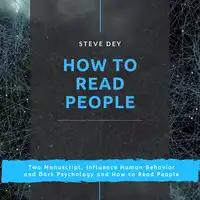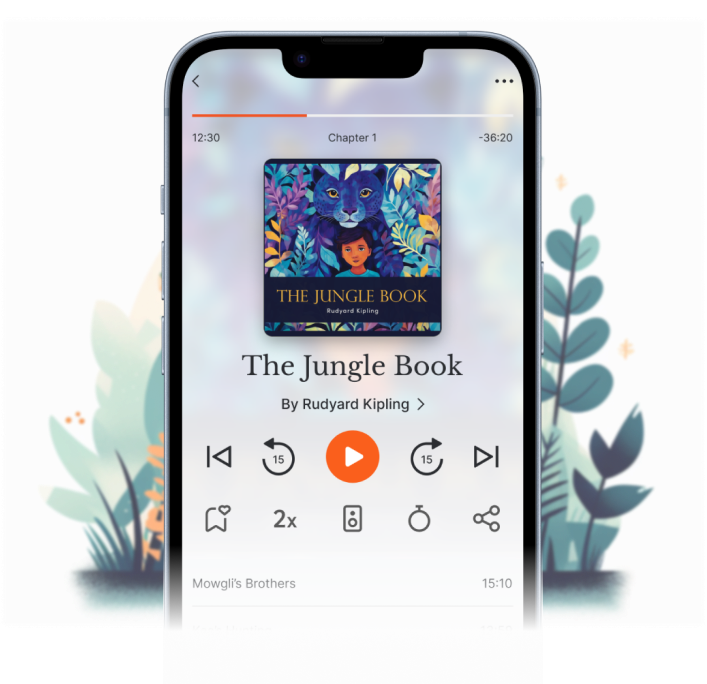Sounded ID: 9798823425285
ISBN: 9798823425285
Publication Date: October 08, 2022
Publisher: Author's Republic
Language: English
Author Name: Brittany Forrester
Narrator Name: Hadi Hajjar
Post-traumatic stress disorder (PTSD) is a psychiatric disorder that may occur in people who have experienced or witnessed a traumatic event such as a natural disaster, a severe accident, a terrorist act, war/combat, or rape or who have been threatened with death, sexual violence or severe injury.
PTSD can occur in all people of any ethnicity, nationality, culture, and age. PTSD affects approximately 3.5 percent of U.S. adults every year. An estimated one in 11 people will be diagnosed with PTSD in their lifetime. Women are twice as likely as men to have PTSD.
People with PTSD have ...
Post-traumatic stress disorder (PTSD) is a psychiatric disorder that may occur in people who have experienced or witnessed a traumatic event such as a natural disaster, a severe accident, a terrorist act, war/combat, or rape or who have been threatened with death, sexual violence or severe injury.
PTSD can occur in all people of any ethnicity, nationality, culture, and age. PTSD affects approximately 3.5 percent of U.S. adults every year. An estimated one in 11 people will be diagnosed with PTSD in their lifetime. Women are twice as likely as men to have PTSD.
People with PTSD have intense, disturbing thoughts and feelings related to their experience that last long after the traumatic event. They may relive the event through flashbacks or nightmares; they may feel sadness, fear, or anger; and they may feel detached or estranged from other people. People with PTSD may avoid situations or people that remind them of the traumatic event, and they may have strong adverse reactions to something as ordinary as a loud noise or an accidental touch.
People with a diagnosis of PTSD are defended and insecure about many things in life. It is essential to create a safe place where people can explore and share their experiences and understand why they are experiencing life as they do to begin the healing process in a therapeutic environment. This book may offer much to promote the healing and growth of those affected by complex trauma.
| # | Title | Duration |
|---|---|---|
| 1. | opening credits |
0 mins 18 secs |
| 2. | Introduction |
5 mins 14 secs |
| 3. | Post traumatic stress disorder |
16 mins 50 secs |
| 4. | History of PTSD |
4 mins 43 secs |
| 5. | Diagnosis of PTSD |
3 mins 55 secs |
| 6. | Defining complex trauma |
5 mins 46 secs |
| 7. | Diagnosis of complex trauma |
8 mins 47 secs |
| 8. | Neurobiology |
0 mins 40 secs |
| 9. | Brain science |
6 mins 02 secs |
| 10. | The brain and the trauma |
2 mins 14 secs |
| 11. | The brain and complex trauma |
9 mins 22 secs |
| 12. | The theraputic culture |
13 mins 14 secs |
| 13. | Eye movement desensitisation and reprocessing |
0 mins 47 secs |
| 14. | Trauma |
3 mins 49 secs |
| 15. | Complex trauma |
3 mins 37 secs |
| 16. | Individual psychology |
4 mins 35 secs |
| 17. | Complex trauma |
0 mins 58 secs |
| 18. | Psychology of use |
2 mins 47 secs |
| 19. | Lifestyle |
3 mins 41 secs |
| 20. | Treatment for complex trauma |
4 mins 16 secs |
| 21. | EMDR the treatment of choice |
6 mins 16 secs |
| 22. | EMDR |
1 mins 05 secs |
| 23. | Eye movements |
7 mins 16 secs |
| 24. | Adaptive information processing |
2 mins 30 secs |
| 25. | Three pronged approach |
1 mins 39 secs |
| 26. | Phase 1 history taking and treatment planning |
15 mins 07 secs |
| 27. | Phase two preparation |
16 mins 50 secs |
| 28. | Phases three through seven |
16 mins 14 secs |
| 29. | Phase 8 reevaluation |
1 mins 12 secs |
| 30. | Phases 3 through 8 three prongs |
8 mins 26 secs |
| 31. | Conclusion |
2 mins 21 secs |
| 32. | closing credits |
0 mins 25 secs |
$17.99

$5.99
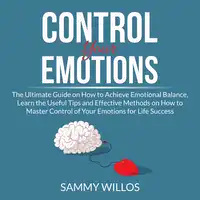
$17.99
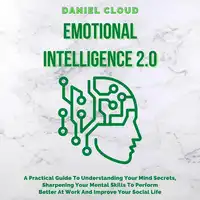
$29.99

$17.99
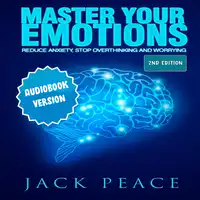
$17.99
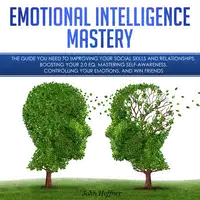
$23.99

$17.99
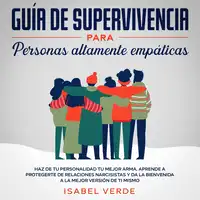
$18.99
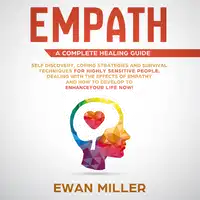
$23.99

$23.99

$10.99

$17.99
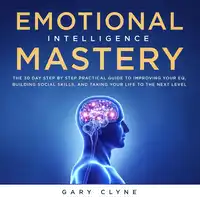
$12.99

$10.99
